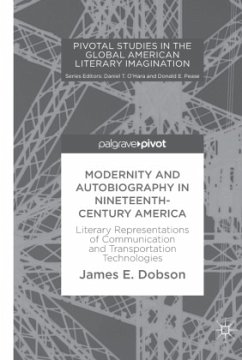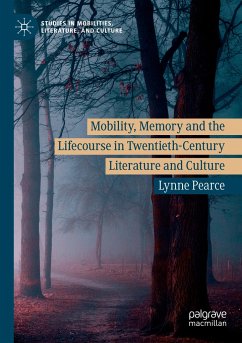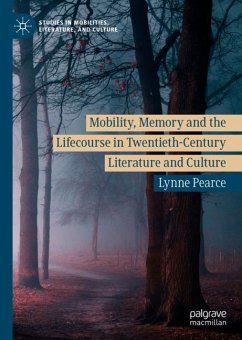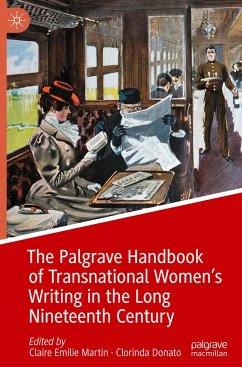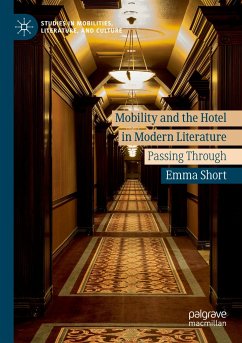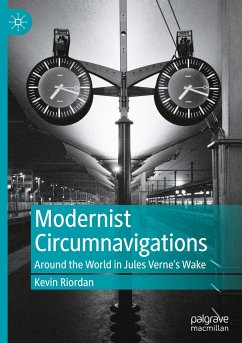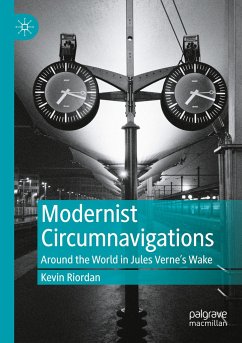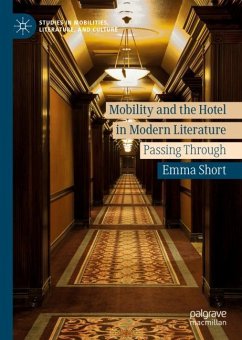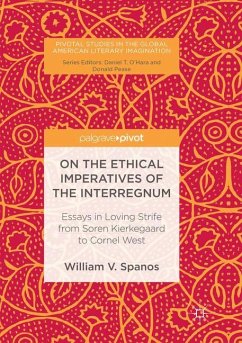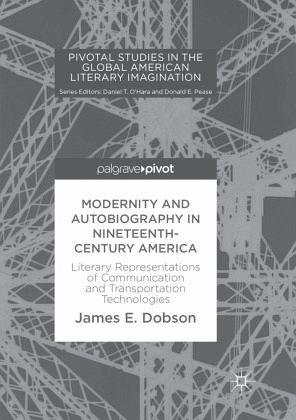
Modernity and Autobiography in Nineteenth-Century America
Literary Representations of Communication and Transportation Technologies
Versandkostenfrei!
Versandfertig in 6-10 Tagen
42,99 €
inkl. MwSt.
Weitere Ausgaben:

PAYBACK Punkte
21 °P sammeln!
This book examines temporal and formal disruptions found in American autobiographical narratives produced during the end of the nineteenth century. It argues that disruptions were primarily the result of encounters with new communication and transportation technologies. Through readings of major autobiographical works of the period, James E. Dobson argues that the range of affective responses to writing, communicating, and traveling at increasing speed and distance were registered in this literature's formal innovation. These autobiographical works, Dobson claims, complicate our understanding ...
This book examines temporal and formal disruptions found in American autobiographical narratives produced during the end of the nineteenth century. It argues that disruptions were primarily the result of encounters with new communication and transportation technologies. Through readings of major autobiographical works of the period, James E. Dobson argues that the range of affective responses to writing, communicating, and traveling at increasing speed and distance were registered in this literature's formal innovation. These autobiographical works, Dobson claims, complicate our understanding of the lived experience of time, temporality, and existing accounts of periodization. This study first examines the competing views of space and time in the nineteenth century and then moves to examine how high-speed train travel altered American literary regionalism, the region, and history. Later chapters examine two narratives of failed homecoming that are deeply ambivalent about modernity and technology, Henry James's The American Scene and Theodore Dreiser's A Hoosier Holiday, before a reading of the telephone network as a metaphor for historiography and autobiography in Henry Adams's The Education of Henry Adams.



